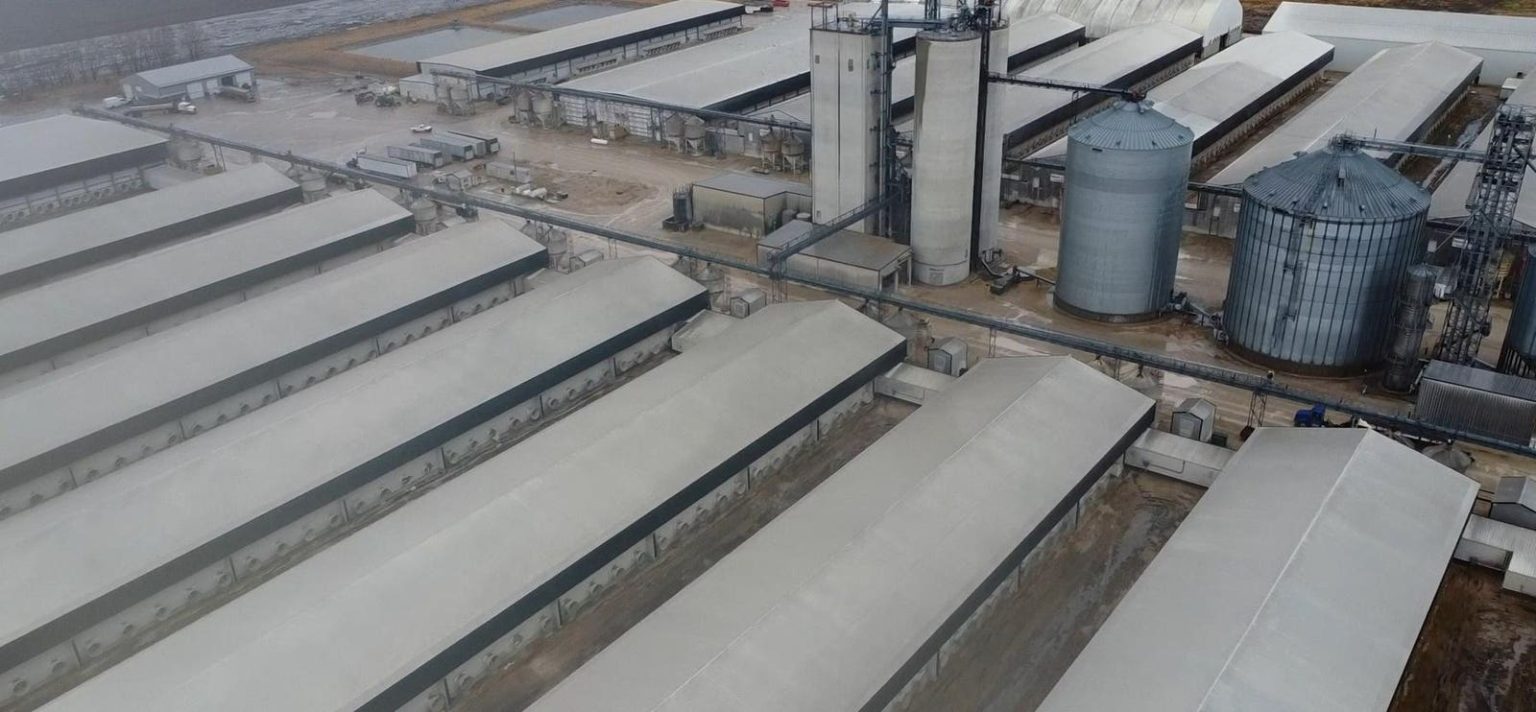Barb Kalbach, a fourth-generation farmer in Iowa, is the last remaining family on a square mile that used to house six families. She has seen her farm transform over the years, with the shift towards larger livestock producers driving out smaller farms. The disappearance of these small farms has also led to the closure of businesses that relied on them, creating a ripple effect in the local economy.
The rise of factory farms in Iowa, housing hundreds of animals, has had significant impacts on air and water quality. Activists like Kalbach have been fighting against these operations, highlighting issues such as pollution, water contamination, and the negative effects on local ecosystems and communities. The concentration of livestock in these facilities has led to a decline in local economies and job opportunities.
As Iowa’s hog population has increased, the number of hog farmers has decreased significantly, leading to corporate consolidation in the industry. While consumers may benefit from cheaper meat, the costs in terms of environmental and social impact are substantial. The economic toll of factory farming is evident in the loss of grocery stores, residents, and jobs in hog-heavy areas of the state.
Water quality in Iowa has been a major concern, with nitrate pollution being a significant issue. Excess nitrate from fertilizers used in farming and animal waste ends up in waterways, contaminating drinking water sources. The health risks associated with nitrate contamination, including increased cancer rates, are alarming. The state is facing a crisis in managing nitrate pollution, with costly measures needed to ensure safe drinking water for residents.
Activist groups in Iowa have been campaigning against concentrated animal feeding operations (CAFOs), working to block new and expanded facilities. Despite facing challenges from powerful agricultural interests and political ties, these groups have been successful in stopping over 100 CAFOs. Legislation such as the Clean Water for Iowa Act has been proposed to regulate CAFOs and address water pollution issues caused by industrial agriculture.
The impact of industrial agriculture on Iowa’s communities, environment, and economy is far-reaching and requires urgent attention. Alternative models like regenerative agriculture may offer more sustainable solutions but may come with higher costs. The need for greater accountability and regulation in the agricultural industry is clear, as the current system is causing irreparable harm to the resources and population of Iowa. Actions taken in Iowa could have implications for the broader agricultural landscape in the United States.


